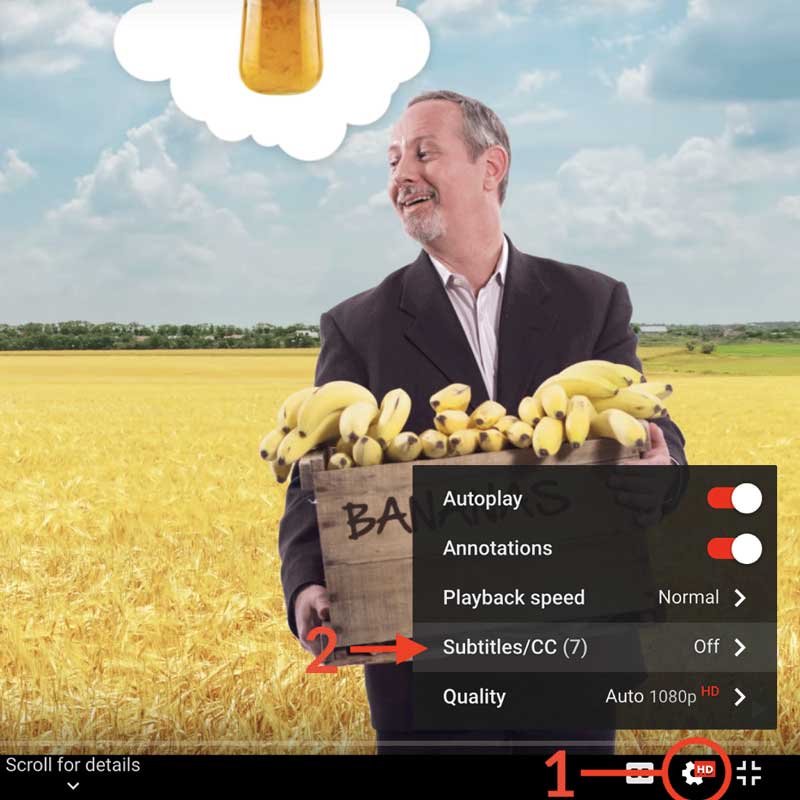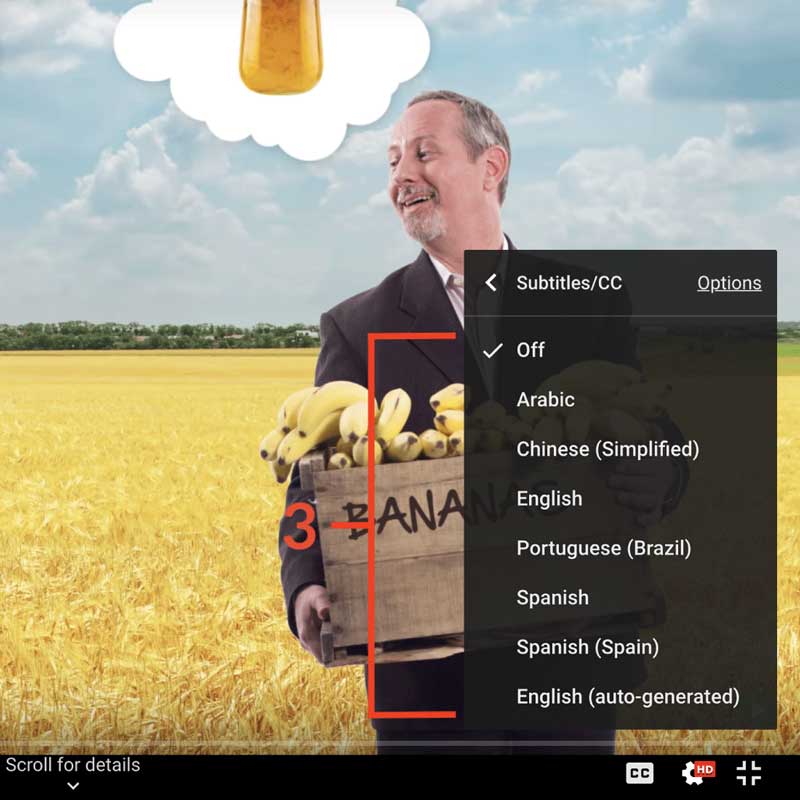Economist's Christmas
Course Outline
Economist's Christmas
What do you really want for the holidays? And how can you be sure you’re giving the perfect gift to someone else?
Of course, you want to get your loved ones something they will appreciate, but you face a knowledge problem: you don’t know everything about their wants and needs. You also have an incentive problem: oftentimes people aren’t quite as careful choosing a gift for others as they would be if buying something for themselves.
We’ve all received a present that we didn’t really want. When that happens, the value that we place on the gift can be less than its cost. According to research by economist Joel Waldfogel, gift givers spend an average of $50 on gifts that recipients only value at $40. Given that Americans spend around $100 billion on Christmas gifts, we’re wasting $18-20 billion every holiday season!
Is there a solution to this costly problem? Well, you can always give cold, hard cash! Many gift recipients would prefer it. But if you know the recipient’s tastes very well, you do have the opportunity to give them a non-cash present that they’ll love and that creates value by lowering their search costs.
There are, of course, occasions where the gift of money doesn’t make sense. Perhaps you want to signal that you care in a different way, or maybe there’s a custom you want to follow. You’ll just have to risk it in these situations.
Around the holidays, there’s also a spike in charitable giving. If you face knowledge and incentive problems in giving gifts to loved ones, you can imagine that these issues increase when you’re giving to someone you’ve never met. To combat this problem, some charities, such as GiveDirectly, give cash to people in need so that they spend charitable donations however meets their needs.
The efficiency of an economist’s Christmas may feel less warm and fuzzy, but the value creation is no less generous!
Teacher Resources
Transcript
Happy Holidays everyone from Marginal Revolution University. We've been thinking about gift giving and now Alex and I are going to ruin Christmas.
What?! No Tyler, actually we're going to make Christmas better by incentivizing efficient gift giving. You know I got you a Christmas present ,Tyler. Merry Christmas!
Oh, Thanks. Well, it turns out, Alex, I have a gift for you, too.
Really?
High-value gift.
Aw thanks, Tyler.
You may find this economist's vision of Christmas a little dystopian, but we would argue it's precisely the value of gift giving that we want to maximize.
Have you ever received a present that you didn't really want?
Dear Alex, Here's a little something I thought you might enjoy, Love Aunt Mabel. Merry Christmas, sweetie.
When people buy something for themselves, value is created because the buyer values the good more than it costs the seller to produce. But when people give gifts that aren't wanted, the recipient values the gifts at less than the cost. Gift giving, it can be a kind of negative trade.
Hold on, Alex, I see a few cases where gift giving can create value. Don't be such a scrooge.
Buh humbug.
Now, I know your tastes in economics books, for instance, so if I read a good book on the economics of crime and I pass it on to you, well, that's value creation, right?
That's true. That's true.
Okay, so gift giving can work when it lowers the recipient's search cost. I also see that some gifts are given for paternalistic reasons. I give my daughter mittens even though she may not want them. It's cold out. Gifts can also signal our intentions and our values even when the gift is imperfect. I wouldn't try proposing with cash in my hand even if my prospective fiancé would prefer that cash to the diamonds.
Well, that's very wise, but I see two problems with gift giving. The incentive problem and the knowledge problem. When people buy things for themselves, well, they've got good incentives to choose carefully. And they have good knowledge about their own preferences. But when people give gifts, they have less incentive to choose carefully, and less knowledge about what the other person would truly want. One economist, Joel Waldfogel, he surveyed a large group of people and he found that on average, givers spend about $50 on gifts that recipients only valued at a little over $40.
In recent years Americans, they've been spending about $100 billion every year on Christmas presents. So that means that we're wasting $18 to $20 billion a year. So even if you're right that some gifts create value, on average, gifts still seem pretty wasteful.
But look what can we do about all of this waste if it's so terrible? Well, let's start off by not stigmatizing people who give the efficient gift, cash. People like you is what you mean, well, you're right. You know one of the biggest areas where gift giving can be wasteful is in charity. When it comes to charity, the person you're giving to whether directly or indirectly, they're very far away. It's hard to get right the knowledge problem of what that person really needs, and also the incentive problem. What incentive do you have to make a good decision? So very often charitable giving goes wrong.
That's very true.
Take what happened after an earthquake in Haiti. One charity, it encouraged people to send used shoes to Haiti. Now used shoes, they're expensive to ship, and they're low-value goods. Is that really the best way to help people in Haiti? Probably not, and I'm also skeptical about this idea of giving people in developing countries a cow. Is a cow what they really need? Maybe a cell phone would be a better choice. Why does everybody want or need a cow?
Well, there is at least one charity that gives cash directly to the very poor, and that charity is called, Give Directly.
It goes to villages and places like Kenya, and Uganda, and it sends poor people cash directly through their cell phones. So far the results of that seem to be pretty good. And the poor people might spend that money on fixing the roof, sending the kid to school, buying them medicine or maybe even purchasing a cow.It seems relatively little of the money is wasted. And of course, you won't be surprised to learn that the charity Give Directly, was started by economists.
Great, that explains why I like that idea.
So Alex, what exactly do you want for Christmas?
Well you know Tyler, thinking about this, why don't we both give gifts to a charity this year? One that gives the efficient gift of cash.
Excellent, now that's the holiday spirit, both generous and efficient.
Merry Christmas Alex.
Merry Christmas Tyler.
Merry Christmas and Happy Holidays to everyone.
Subtitles
- English
- Spanish
- Chinese
Thanks to our awesome community of subtitle contributors, individual videos in this course might have additional languages. More info below on how to see which languages are available (and how to contribute more!).
How to turn on captions and select a language:
- Click the settings icon (⚙) at the bottom of the video screen.
- Click Subtitles/CC.
- Select a language.


Contribute Translations!
Join the team and help us provide world-class economics education to everyone, everywhere for free! You can also reach out to us at [email protected] for more info.
Submit subtitles
Accessibility
We aim to make our content accessible to users around the world with varying needs and circumstances.
Currently we provide:
- A website built to the W3C Web Accessibility standards
- Subtitles and transcripts for our most popular content
- Video files for download
Are we missing something? Please let us know at [email protected]
Creative Commons

This work is licensed under a Creative Commons Attribution-NoDerivatives 4.0 International License.
The third party material as seen in this video is subject to third party copyright and is used here pursuant
to the fair use doctrine as stipulated in Section 107 of the Copyright Act. We grant no rights and make no
warranties with regard to the third party material depicted in the video and your use of this video may
require additional clearances and licenses. We advise consulting with clearance counsel before relying
on the fair use doctrine.
